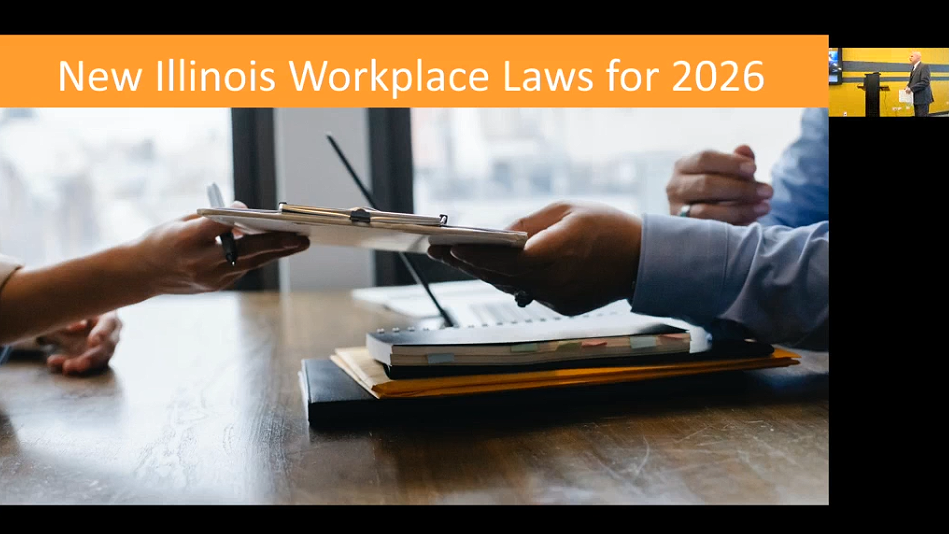Banking and Business – June 2025
Contaminated Cilantro and the Need to Provide Notice to a Seller of a Breach of the Implied Warranty of Merchantability

Background
Restaurant patrons allegedly became ill from eating contaminated cilantro and filed personal injury lawsuits against two Chicago restaurants. As part of the litigation, the distributor who sold the cilantro to the restaurants, Martin Produce, Inc. (Martin), filed a third-party complaint for contribution against the wholesalers from whom it purchased the cilantro, including Jack Tuchten Wholesale Produce, Inc. (Tuchten), alleging the wholesalers breached an implied warranty of merchantability. Before Martin brought its claim, Tuchten was a named defendant in the underlying personal injury lawsuits, and Tuchten answered them and participated in discovery.
At issue in this case was whether the distributor satisfied its obligation to notify the wholesaler of its claim of breach of the implied warranty of merchantability pursuant to section 2-607(3)(a) of the Illinois Uniform Commercial Code (UCC), 810 ILCS 5/2-607(3)(a). Martin alleged in its third-party complaint that Tuchten had actual notice of the alleged defect of the cilantro as a result of being named as a defendant in the personal injury lawsuits. Tuchten, on the other hand, argued that these allegations in a complaint did not constitute direct notice of the claim of breach of implied warranty.
Decision
The Illinois Supreme Court held that Tuchten being named defendant in the underlying litigation was enough to constitute sufficient notice under UCC §2-607(3)(a). Andrews v. Carbon on 26th, LLC, 2025 IL 130862. For breach of implied warranty of merchantability claims, UCC §2-607(3)(a) states that the buyer must, within a reasonable time after discovering or after it should have discovered any breach, notify the seller of breach or be barred from any remedy. While the general rule is that a buyer must directly notify the seller of the troublesome nature of the transaction or be barred from recovering for a breach of warranty, the court noted two exceptions. First, a buyer can fulfill the notice requirement without giving direct notice to the seller where the seller has actual knowledge of the defect of the particular product. Second, a consumer buyer who has suffered personal injuries from a defective product can satisfy the notice requirement simply by filing a complaint alleging a breach of warranty against the seller. While it is unnecessary to list specific claims of breach of warranty in giving notice under 810 ILCS 5/2-607, it is essential that the seller be notified that this particular transaction is troublesome and must be watched.
Here, the court determined that only the first exception was applicable since Martin is not a consumer buyer. The court then determined that Tuchten had actual notice because, before Martin filed its complaint on April 16, 2019, the wholesalers were aware of the buyer, the particular product, the alleged defects, and the specific transactions at issue, based on being named as defendants in the personal injury complaints.
Takeaways
As a buyer, you should directly inform the seller as soon as you discover a problem with a product that gives rise to a breach of the implied warranty of merchantability under UCC §2-314. As the court noted, the general rule is that direct notice is required. Nevertheless, the court confirmed that actual knowledge can arise from a number of sources, and whether the buyer has provided sufficient notice to the seller is a question of fact that turns on the particular circumstances of each case. Thus, if direct notice is not provided, there are other avenues a buyer can look towards to satisfy the actual notice requirement in an implied breach of warranty case.
Thanks go to our summer associate Ayisha Kecht for her help writing this article. For further inquiries or questions, please contact me at smigala@lavellelaw.com or (847) 705-7555.
More News & Resources
Lavelle Law News and Events












